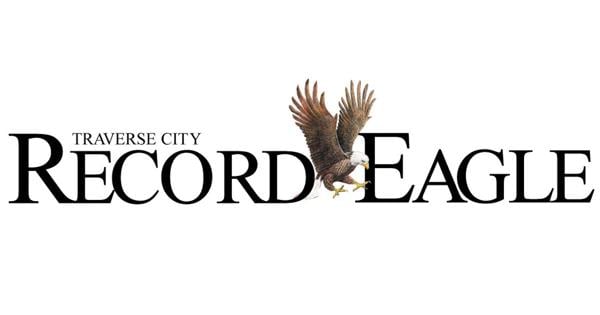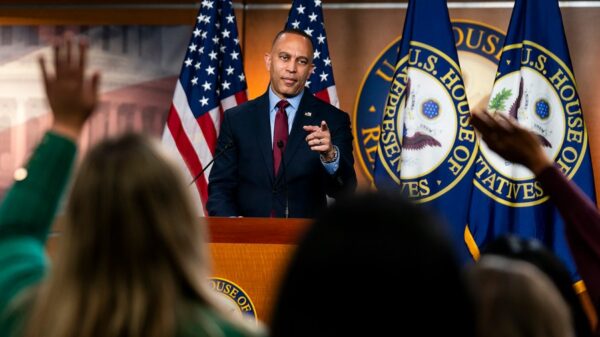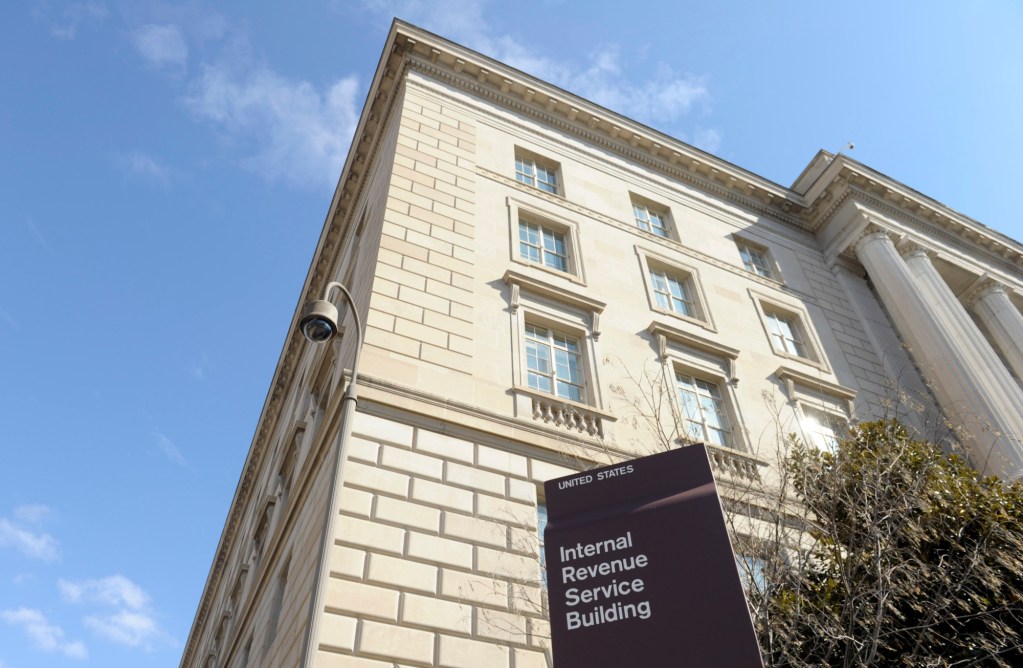A federal judge has sentenced Shandel Arkadie, owner of a home health care business in Aurora, to one year and one day in prison for committing payroll tax fraud. Alongside her prison term, Arkadie has been ordered to repay more than $1.2 million in restitution for failing to forward payroll taxes she collected from her employees to the Internal Revenue Service (IRS).
Arkadie operated Alternative Choice Home Care Nursing LLC, where she was responsible for withholding payroll taxes owed by her workers, as well as her company’s portion of Social Security and Medicare taxes. According to a release from the Denver Field Office of the IRS, between January 2015 and December 2020, she collected more than $1 million from employees’ paychecks but failed to remit these funds to the government as required by law. Additionally, she neglected to pay approximately $500,000 in employer taxes for Social Security and Medicare.
IRS Focus on Employment Tax Compliance
The actions of Arkadie have drawn significant attention from federal authorities, highlighting the IRS’s commitment to investigating employment tax fraud. Amanda Prestegard, special agent in charge at the IRS Denver Field Office, stated, “Shandel Arkadie is spending the next 12 months in jail and will be paying back the federal government for much longer than that. Her actions were motivated by greed with a complete disregard for her employees.”
The IRS prioritizes employment tax investigations as they not only affect government revenue but also impact employees who believe their payroll withholdings are being properly allocated. When employers fail to pay these taxes, workers may find themselves facing reduced benefits for Medicare, Social Security, and unemployment in the future.
The IRS identifies two common methods of tax fraud among employers: preparing false payroll tax returns and failing to file employment tax returns altogether. Such practices undermine the integrity of the tax system and can have long-lasting repercussions for employees.
Arkadie’s case serves as a reminder of the legal obligations employers have regarding tax withholdings and the serious consequences of failing to meet these obligations. As federal investigations continue to target tax fraud, the repercussions for non-compliance are becoming increasingly severe.



































































